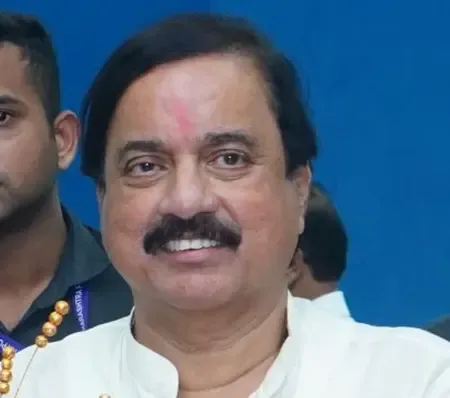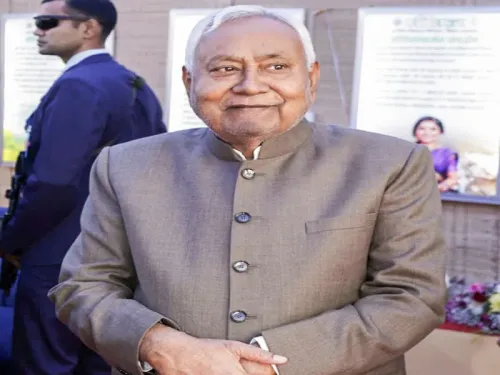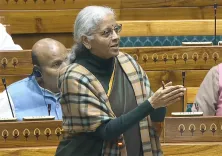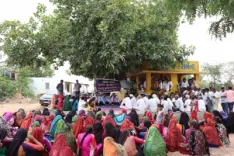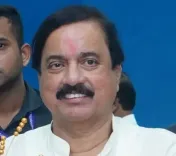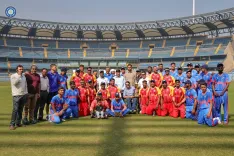Amit Malviya: Protests over Waqf Act Reflect Political Maneuvering for Muslim Votes
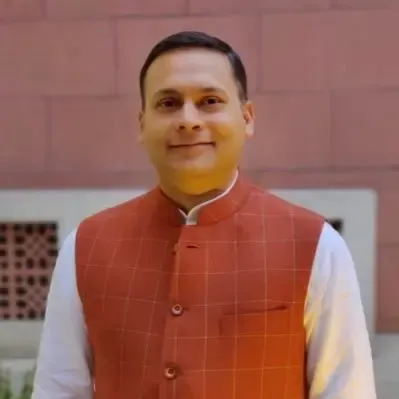
Synopsis
Key Takeaways
- The BJP criticizes opposition protests as political posturing.
- Malviya claims Muslim leaders seek to portray themselves as vote custodians.
- The Waqf Act was extensively reviewed before passage.
- Malviya condemns Mamata Banerjee for allegedly instigating violence.
- Poor Muslims are the true victims in this political conflict.
New Delhi, April 20 (NationPress) In the midst of the uproar from the Opposition regarding the Waqf (Amendment) Act, the Bharatiya Janata Party (BJP) termed it a “desperate attempt” and a “one-upmanship” tactic among factions aiming to garner the support of the Muslim populace.
BJP IT cell chief Amit Malviya expressed his views on X, criticizing various Muslim leaders and organizations that have lodged petitions in the Supreme Court against the Waqf Act, which has been duly approved by Parliament. He claimed these actions are motivated by the desire to portray themselves as the “guardians of the Muslim vote”, as no one wishes to appear detached from this community.
“Asaduddin Owaisi is making efforts to assert his influence to ensure that the Mahmood Madani faction doesn’t seize all the accolades. The AIMPLB is also keen not to be perceived as passive on issues pertinent to Muslim welfare. This sentiment is echoed by other Muslim petitioners, including individuals like Imran Masood, Imran Pratapgarhi, and others, who are striving to maintain their respective parties’ relevance in Muslim political circles,” Malviya noted.
He further criticized West Bengal Chief Minister Mamata Banerjee, accusing her administration of inciting riots.
“Certain so-called secular leaders, such as Mamata Banerjee, have escalated tensions by provoking communal riots,” he remarked.
Malviya emphasized that the real casualties in this “posturing war” are the impoverished and marginalized Muslims.
“In this competition for dominance among rival factions, it is the underprivileged Muslim who bears the brunt, while valuable public resources are squandered,” he stated.
He added that the Act has undergone extensive consultations, including a review by a Joint Parliamentary Committee. Numerous past judicial decisions have been analyzed, and all aspects have been meticulously examined.
“A similar uproar was witnessed during the passage of the CAA and the abrogation of Article 370—both of which were contested in court and survived judicial scrutiny,” he further elaborated.
Meanwhile, the Trinamool Congress and Bengal BJP continue to exchange accusations.
The Trinamool Congress is holding the BJP accountable for Waqf-related violence in the state, while the BJP criticizes Mamata Banerjee for sharing the platform with maulanas and maulvis despite the “targeted attacks” on Hindu minorities in Murshidabad.


